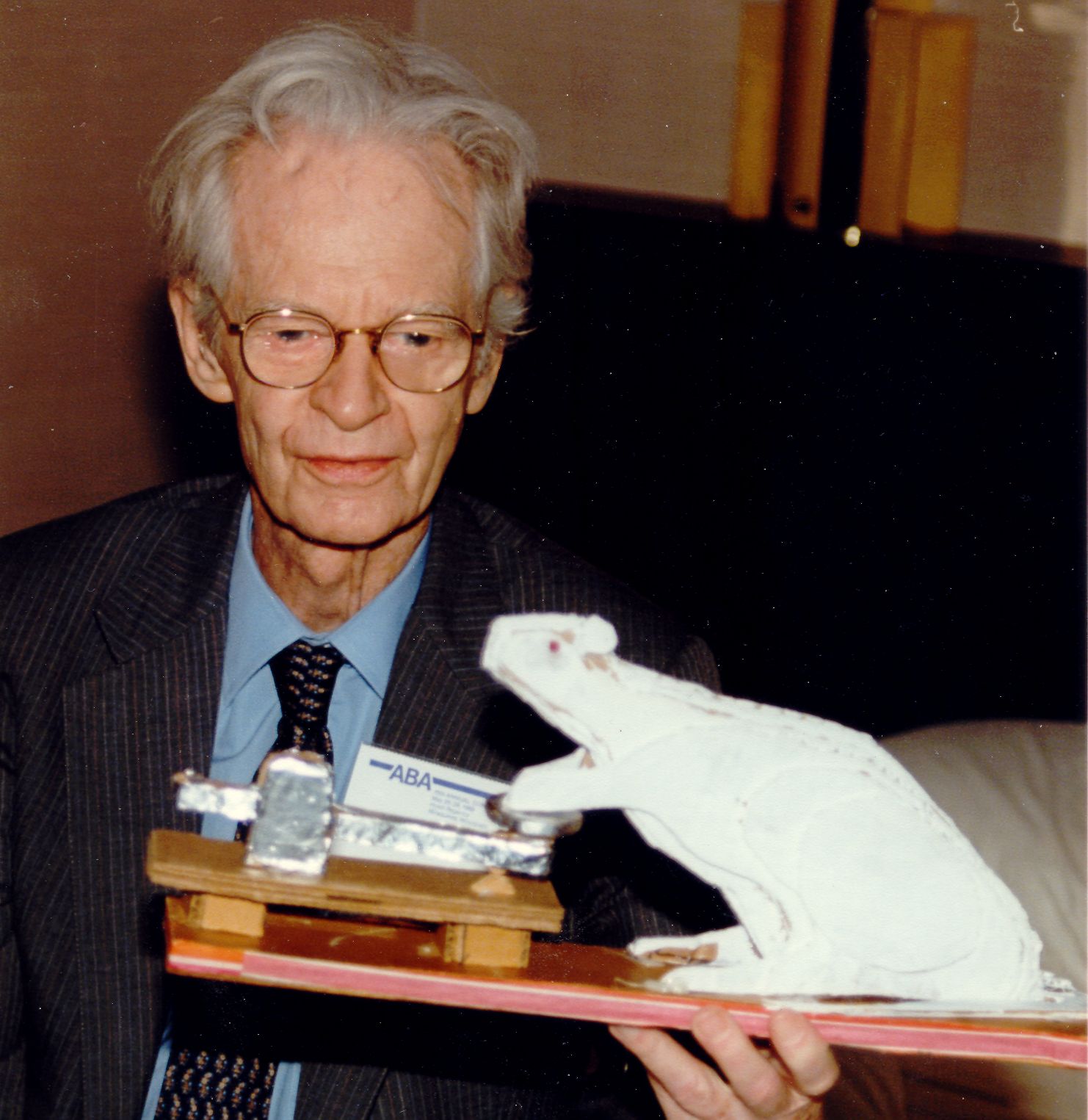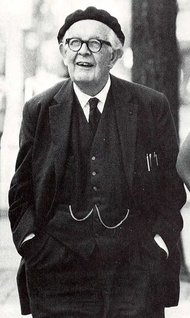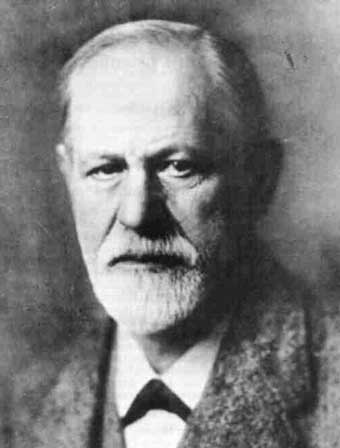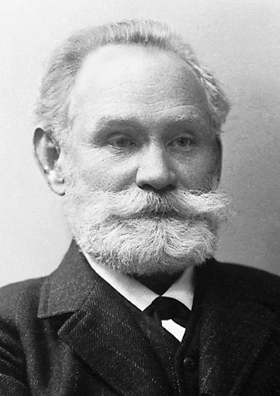2. Introduction to Perspectives in Psychology
| Site: | MoodleHUB.ca 🍁 |
| Course: | Personal Psychology 20 RVS |
| Book: | 2. Introduction to Perspectives in Psychology |
| Printed by: | Guest user |
| Date: | Saturday, 18 October 2025, 10:27 PM |
1. Introduction to Approaches in Psychology
Personality—it’s who we are. Our personalities determine how we act and react, as well as how we interact with and respond to the world. Despite much research, the origins of personality are still a mystery, though there are many theories that attempt to explain them. Some researchers propose that children learn personality from their parents; others believe personality is fixed from birth. Some theories address how environment, genetics, and culture influence the development of personality.
Different Approaches in Psychology
2. The humanistic Perspective
Focus
People are inherently good and strive to be the best that we can be. You are in control of your own destiny.
Key ideas and treatment
Patients are encouraged to develop a posititive self esteem and are encouraged to change their destiny.
Carl Rogers (1902-1987) – was the founder of humanistic psychology according to Rogers, we value positive self-regard, that is, self-esteem or self-regard. Without this self-regard, we feel small and helpless, and we can fail to become all that we can be!
Carl Rogers - Humanist
3. The Psychoanalytic Perspective
Focus
Behaviour is controlled by our unconscious thoughts and feelings.
Key ideas and treatment
Sigmund Freud: Credited with the theory of psychosexual development and the personality theory of the Id, Ego and Superego.
Freud's Theories
Another important early psychoanalyst was Carl Jung. Although he disagreed with some of Freud's ideas, especially the importance of sexuality, Jung also believed that our behaviour and personality is a result of our subconscious motivations.
4. The behaviourist Persective
Focus
Behaviour is a product of our experiences and our environment
Key Concepts
Focus on observable behaviour.
Baby is a 'Blank Slate'.
Experiences shape behaviour.
Behaviour is predictable.
Control behaviour by controlling environment.
Ivan Pavlov (1849-1936) - was a Russian physiologist who was trying to study the effects of salivation on digestion in dogs. He inadvertently discovered something else – that the dogs would salivate even without food present – just the sight of the experimenter would cause the dog to salivate! Pavlov began to study this phenomenon and called it “classical conditioning”.
John Watson (1878-1958) -used conditioning to teach a baby fear.

Another important behaviourist was B.F. Skinner. He built on the ideas of early behaviourists, and conducted experiments on rats in an attempt to understand how ones behaviour can be modified. By offering rewards such as food to rats, he showed he could condition, or change their behaviour. His ideas of behaviour modification and conditioning are used by parents and in education today.
5. The Cognitive Perspective
Focus
Behaviour is affected by our expectations and how we process, store and retrieve information.
Key ideas
The mental processes involved in acquiring, processing, storing and using information help determine our actions.
Cognitive psychologists study perception, memory, learning and judgement.

Jean Piaget:
Known for his cognitive developmental theory in children. His ideas have had a huge impact in parenting and education.
Theories of cognitive development.
6. The Biological Perspective
Focus
We are controlled by the body and brain which creates our emotions, memories, and sensory experiences.
Key ideas Evolution and heredity influence behaviour
Messages that control behaviour are transmitted within the body, by hormones and electrical signals.
Brain and blood chemistry are linked with moods and motives.
Often mental illnesses that are “organic” in nature (a problem in the brain) are treated with drugs.
Brain scans to indicate physiological problems linked to addiction and disease.
The effects of biology on human experience will be discussed in the Biological influences on Behaviour section.
New findings in the field of genetics have had implications for the current thinking about what makes people who they are. Is it our genes or our environment, or a mixture or both, and how do they interact. These ideas will be discussed in the Heredity section.
7. Assignment
Write the following open book Introduction to Psychology Quiz
All lesson quizzes, are open book. You may look back in the course, or research what you do not know.


